Crypto Tax Calculator for Indonesia (2025)
Tax Calculation Tool
Calculate your tax liability when trading on OJK-licensed exchanges versus foreign platforms in Indonesia (2025).
Indonesia doesn’t ban cryptocurrency - it just makes sure you do it the right way. If you’re trying to trade crypto legally in Indonesia in 2025, you’re not fighting the system. You’re working inside it. And that system has changed dramatically since January 2025, when oversight moved from BAPPEBTI to the Financial Services Authority (OJK). This isn’t just a paperwork shuffle. It’s a full rewrite of the rules - with real consequences for how you buy, sell, and pay taxes on your digital assets.
What’s Legal and What’s Not
You can legally trade Bitcoin, Ethereum, and other digital assets in Indonesia - but only as investments. You cannot use them to pay for coffee, groceries, or even a ride on Gojek. That’s because Bank Indonesia still holds the Rupiah as the only legal tender, under Regulation No. 20/6/PBI/2018. Any attempt to use crypto as payment is a violation, not a gray area.
The law is clear: crypto is a financial instrument, not a currency. Think of it like stocks or gold. You can buy it, hold it, sell it, and profit from price changes. But you can’t spend it like cash. This separation is critical. It means your crypto wallet isn’t a bank account. It’s an investment account.
The Only Way to Trade: Licensed Exchanges
If you want to trade legally, you must use one of the 22 exchanges licensed by the OJK as of June 2025. These include big names like Indodax, Tokocrypto, and Pintu. You won’t find these platforms on Google Play or the App Store unless they’ve gone through the OJK’s strict approval process.
These exchanges aren’t just websites. They’re regulated financial institutions. To get licensed, they had to meet hard requirements:
- Minimum capital of IDR 5 billion (about $325,000)
- ISO/IEC 27001 cybersecurity certification
- Real-time AML/CTF monitoring systems
- Integration with Indonesia’s National Single Window (NSW) for tax reporting
- Connection to OJK’s Digital Financial Innovation Monitoring System (SIM-LKD)
If an exchange fails any of these, it gets shut down. No warnings. No grace period. That’s why unregulated platforms like Binance or Kraken aren’t legal options for Indonesian residents - even if you can access them.
The New Tax Rules (PMK 50/2025)
On August 1, 2025, a new tax law took effect: Minister of Finance Regulation No. 50 of 2025 (PMK 50/2025). This replaced the old system and completely changed how crypto profits are taxed.
Here’s what matters now:
- 0.21% final income tax - if you trade on a licensed Indonesian exchange
- 1% final income tax - if you trade on a foreign platform or self-report your trades
That’s a huge difference. The 0.21% rate is automatic. The exchange calculates and withholds it for you. You don’t file anything extra. But if you use a foreign exchange, you’re on the hook for 1% - and you have to report it yourself. Miss it, and you risk penalties.
What’s gone? Value Added Tax (VAT). Crypto is no longer treated as a commodity. It’s now classified as a digital financial asset - like stocks. That’s why VAT was removed. But income tax remains, and it’s final. You don’t pay it again during annual tax filing.
Experts say this was designed to push traders toward local platforms. But it’s backfiring for some. A 0.79% gap is big enough to lure high-volume traders offshore. OJK data shows a 15.3% drop in domestic trading volume in the first month after the new rules kicked in.
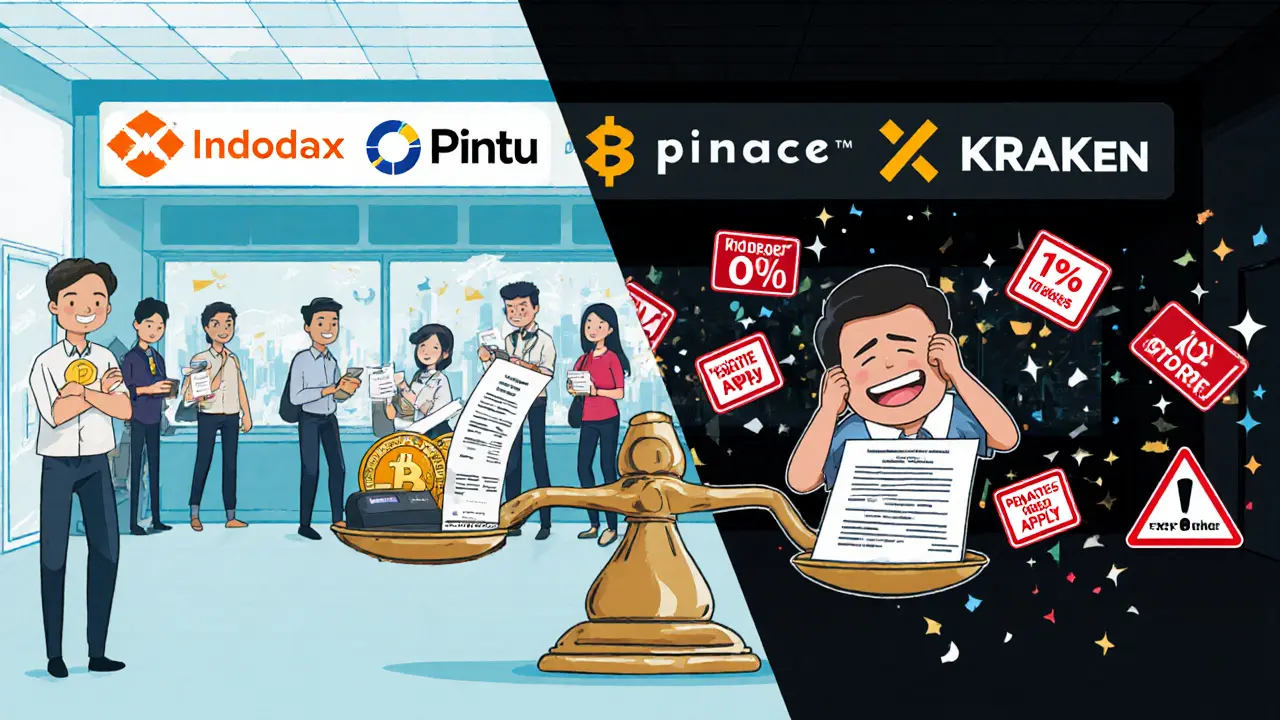
How to Get Started (Step by Step)
Here’s how to legally begin trading in 2025:
- Choose an OJK-licensed exchange - Check the official list at ojk.go.id. Don’t pick one based on fees alone. Look for security and support.
- Register with your KTP and NPWP - You need your National Identity Card and Tax Identification Number. No exceptions. If you don’t have an NPWP, get one from the tax office first.
- Pass the financial literacy test - It’s 15 multiple-choice questions on crypto risks, volatility, and scams. You need 80% to pass. Most people retake it once. Study the OJK’s free guide on their portal.
- Link your bank account - Only accounts registered with Bank Indonesia work. You can’t use foreign bank transfers to fund your account.
- Start trading - Once verified, you can deposit Rupiah and buy crypto. The exchange handles the 0.21% tax automatically.
Onboarding now takes 3-7 business days - up from 1-2 days under the old system. Expect delays. The OJK’s compliance checks are thorough.
What Can Go Wrong
Even if you follow the rules, things can slip through.
- Self-reporting errors - Many users think the 1% tax on foreign exchanges is optional. It’s not. One Jakarta trader lost $2,850 because he assumed it was a suggestion, not a requirement.
- Multi-leg trades - If you buy Bitcoin on Indodax, swap it for Ethereum on a foreign DEX, then sell it back to Rupiah, you need to track each leg. 34.7% of users in a Sanction Scanner survey got this wrong.
- Large transfers - Sending more than IDR 100 million (about $6,500) out of Indonesia requires OJK approval. Without it, your transfer can be frozen.
- Delayed withdrawals - Since OJK took over, some users report 5-day delays in withdrawals due to extra KYC checks. Indodax and Tokocrypto are the most affected.
There’s no official hotline that answers instantly. The OJK’s compliance line (+62 21 157 8900) takes an average of 4.7 hours to respond. Don’t wait until your funds are stuck to call.
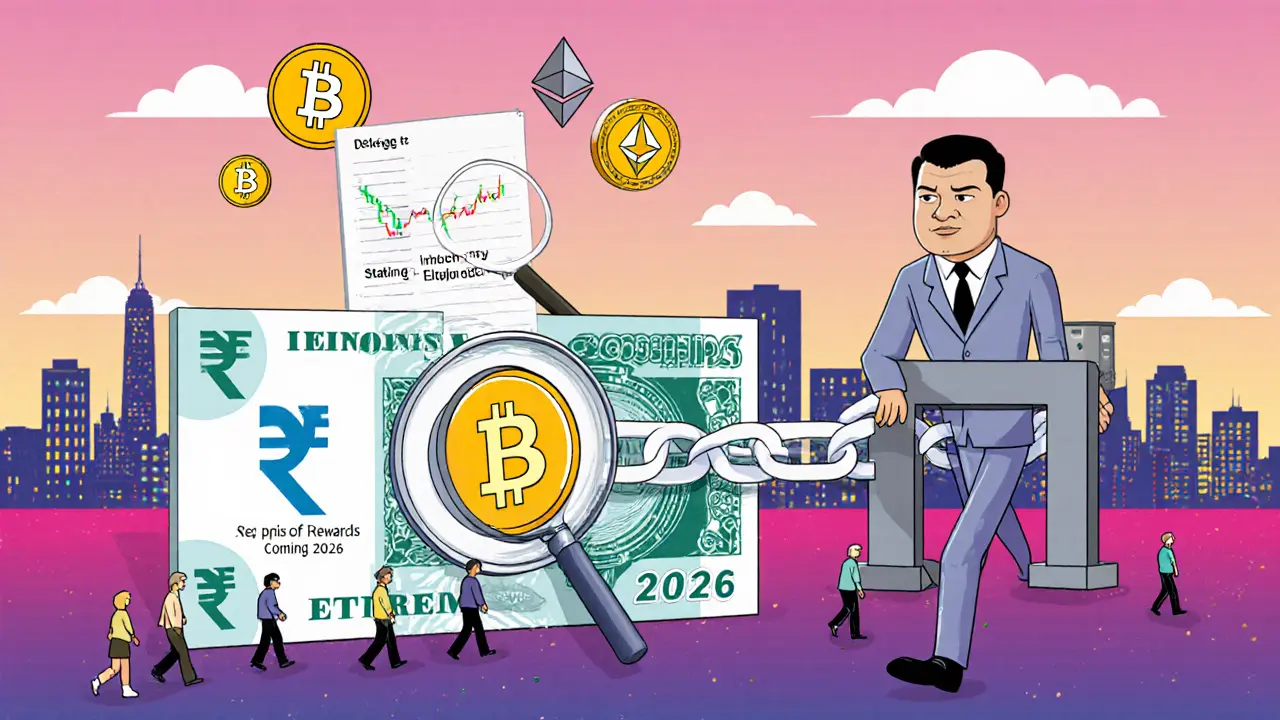
Who’s Trading and Why
As of June 2025, Indonesia has 14.3 million active crypto users - nearly 5% of the population. Most are young: 68.3% are between 18 and 35. Men make up 76.4% of users. Over half live on Java - Jakarta, Bandung, and Surabaya are the hotspots.
Why are they trading? Not for payments. Not for DeFi. Mostly for speculation. Bitcoin and Ethereum make up 82% of all trades. Stablecoins like USDT are popular for moving value quickly, but they’re still not legal for spending.
The market is dominated by three exchanges: Indodax (47.2% share), Tokocrypto (28.5%), and Pintu (15.3%). The rest split the remaining 9%. That’s a tight oligopoly - and it’s getting tighter. PwC predicts only 12-15 exchanges will survive by 2026 because the capital requirements are too high for small players.
What’s Coming Next
The rules aren’t done changing.
- Proof-of-reserves audits - Starting January 1, 2026, every licensed exchange must prove they hold enough crypto to cover all customer balances. This is meant to prevent another Terra-Luna collapse.
- Staking rewards taxed - The Directorate General of Taxes has hinted that staking income will be taxed in 2026. Right now, it’s unregulated. That could change.
- Stablecoins for remittances - The OJK and Bank Indonesia are exploring whether certain stablecoins can be used for cross-border payments. If approved, this would be a major shift - but still not for everyday spending.
- DeFi in the gray zone - Decentralized exchanges and lending platforms still operate without OJK approval. They’re not illegal yet, but they’re not protected either. Don’t assume they’re safe.
Industry analysts warn that if the tax gap between domestic and foreign exchanges isn’t fixed, Indonesia could permanently lose its top traders to Singapore or Thailand. Right now, the system is working - but it’s fragile.
Final Advice
If you want to trade crypto legally in Indonesia in 2025, here’s your checklist:
- Use only OJK-licensed exchanges
- Never use crypto to pay for goods or services
- Always pay the 0.21% tax on local trades - it’s automatic
- If you use a foreign exchange, pay 1% and report it yourself
- Keep records of every trade, even small ones
- Don’t send more than IDR 100 million abroad without approval
- Study the OJK’s free training materials before you trade
The system isn’t perfect. It’s slow, strict, and sometimes confusing. But it’s legal. And if you follow it, you’re protected. Break the rules, and you’re on your own - with no recourse, no insurance, and no safety net.
Can I use Binance or Coinbase to trade crypto legally in Indonesia?
No. Binance, Coinbase, Kraken, and other foreign exchanges are not licensed by Indonesia’s OJK. While you can access them technically, trading on them is not legal under Indonesian law. You’ll be subject to the 1% income tax and must self-report all gains - but you won’t have legal protection if the platform freezes your funds or shuts down. For full legal compliance, use only OJK-licensed exchanges like Indodax or Tokocrypto.
Do I need to file crypto taxes during my annual income tax return?
No, if you trade on a licensed Indonesian exchange. The 0.21% tax is final and withheld automatically. You don’t report it again. If you trade on foreign platforms, you must calculate and pay the 1% tax yourself, but you still don’t include it in your annual income tax return - it’s a separate, final tax. However, you must keep records for five years in case the tax office requests them.
What happens if I don’t pay the 1% tax on foreign exchange trades?
You risk penalties from the Directorate General of Taxes (DGT), including fines of up to 100% of the unpaid tax, plus interest. In severe cases, your bank accounts may be flagged, and you could be barred from future financial transactions. The DGT now receives real-time transaction data from Indonesian banks and licensed exchanges, so undeclared foreign trades are increasingly easy to detect.
Can I buy crypto with a foreign bank account?
No. OJK Regulation No. 27/2024 requires all fiat deposits to come from Bank Indonesia-registered Indonesian bank accounts. You cannot fund your crypto exchange account using foreign bank transfers, PayPal, or crypto deposits from overseas wallets. All on-ramps must go through local banks to ensure compliance with AML and tax rules.
Are NFTs and DeFi platforms legal in Indonesia?
NFTs are treated the same as other crypto assets - legal to trade if bought on licensed exchanges. DeFi platforms (like Uniswap or Aave) operate in a legal gray area. They’re not banned, but they’re not regulated either. Using them carries risk: no legal protection, no tax withholding, and no recourse if something goes wrong. The OJK has not approved any DeFi protocols, and future regulation is likely.






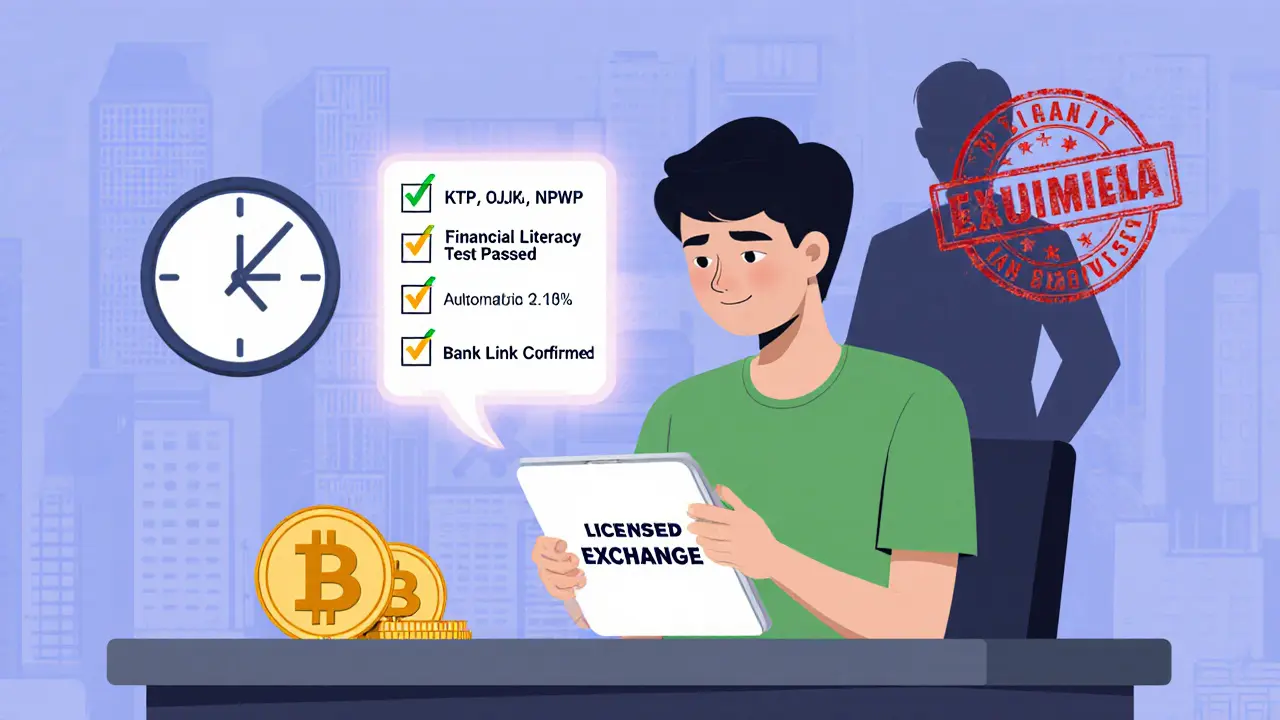

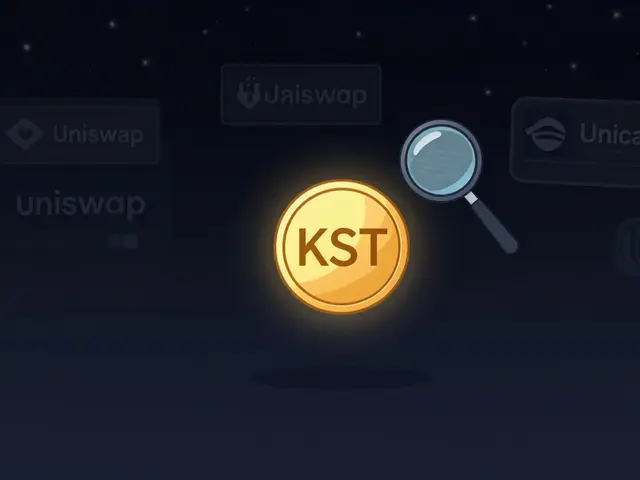
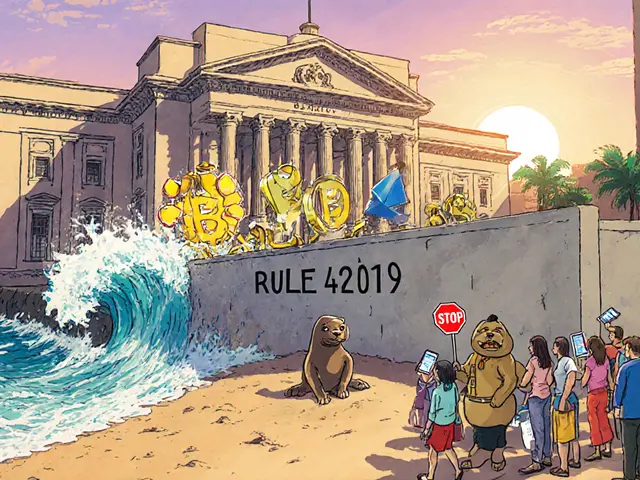

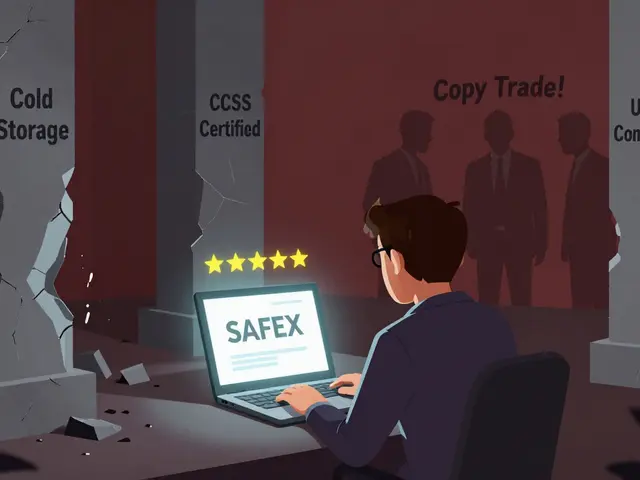
People Comments
man i just tried to fund my indodax account yesterday and my bank flagged it for 3 days. like bro i’m not laundering money, i just wanna buy some btc. they made me call customer service, show my id, explain what crypto is, and then they still took 48 hours to clear it. the system is so overengineered it’s absurd. 🤦♂️
if you’re using foreign exchanges you’re already a tax evader. no one cares about your 1% loss. you’re just lazy and want to avoid ojk’s bureaucracy. get a ktp and stop pretending you’re a global citizen.
of course the government wants you to use local exchanges. they’re the only ones that report everything to them. it’s not regulation-it’s surveillance with a tax sticker.
the 0.21% tax is a joke. they’re taxing profits on a 24/7 market that swings 20% in a day. i made $800 on a trade and paid $1.68 in tax. the exchange made $200 in fees. who’s really getting ripped off here?
my cousin in jakarta got her npwp in 11 days. they lost her paperwork twice. the system isn’t broken-it’s just designed to frustrate people into giving up.
it’s interesting how the legal framework treats crypto as an investment instrument while still refusing to acknowledge its utility as a medium of exchange. this creates a strange duality-people are encouraged to speculate, but punished for using it practically. it feels like the state wants the profits without the innovation.
the proof-of-reserves audit in jan 2026 is the only thing that’ll save this ecosystem. if exchanges can’t prove they hold your coins, they’re just digital ponzi schemes with a license. i’ve seen too many ‘regulated’ platforms vanish overnight. this isn’t progress-it’s damage control.
i’m from the us but my partner is indonesian and we’ve been navigating this together. the cultural difference in how bureaucracy is approached is wild. here, you fight the system. there, you learn to dance with it-even when it’s clunky. respect to indonesians who just want to invest without becoming compliance experts.
they say ‘no foreign bank transfers’-but what about crypto on-ramps? if i buy usdt on binance, send it to my wallet, then use a peer-to-peer service to convert to rupiah, am i still breaking the law? they can’t regulate every transaction. this is just a power grab disguised as consumer protection.
if you’re new to this, just stick to indodax. the financial literacy test is annoying but it’s there to save you from scams. i failed it twice-turned out i didn’t know what ‘slippage’ meant. now i know. it’s not about control-it’s about not losing your rent money.
indodax withdrawal took 5 days again. i called support. they said ‘system under review’. i’ve been waiting 8 days. no one answers. no one cares. this is what ‘regulated’ looks like in practice.
the fact that you need a tax id just to buy bitcoin is ridiculous. in america, you can buy crypto with a credit card and never tell the irs. here, they treat you like a criminal until you prove you’re not. this isn’t financial inclusion-it’s financial intimidation.
they say the ojk is monitoring everything-so why are there still 12 unlicensed exchanges operating? because they’re working with the police. the real scam isn’t crypto-it’s the government letting some exchanges off the hook while crushing others. it’s corruption with compliance paperwork.
we’re treating crypto like a stock, but it’s not. stocks have boards, audits, dividends. crypto has code, decentralization, and volatility. by forcing it into old financial boxes, we’re not protecting people-we’re making the system obsolete before it even grows. the real question isn’t ‘how to trade legally’-it’s ‘why are we still using 1980s rules for 2025 tech?’
they banned payment use of crypto because ‘rupiah is legal tender’-but they’ve never explained why a decentralized, censorship-resistant asset can’t coexist with a fiat system. it’s not about money. it’s about control. they fear losing the monopoly on value. and that’s why they’ll never let crypto be free.
the 0.79% tax gap is a feature, not a bug. it’s designed to funnel retail traders into local exchanges where they can be monitored, taxed, and manipulated. high-volume traders? they’re already gone. this system isn’t about protecting investors-it’s about extracting revenue from the gullible.
the fact that you can’t use paypal or a foreign account to fund your wallet is annoying but fair. if you want to live in indonesia, play by the rules. the problem isn’t the regulation-it’s that the system doesn’t work for people who aren’t in jakarta with a bank account and a government job.
you’re all missing the point. the law is crystal clear: crypto is a financial instrument. not currency. not property. not money. it’s an asset class. if you don’t understand that, you shouldn’t be trading. period. the ojk is right. you’re not being oppressed-you’re being educated. stop whining.
so you need a ktp, npwp, financial literacy test, bank account, and ojk-approved exchange just to buy bitcoin? wow. in america we just tap apple pay. guess who’s winning the future?
just bought 0.02 btc on tokocrypto. tax was 0.21% and it was automatic. took 2 days to verify. no big deal. the system sucks but it works. i’d rather have protection than freedom. 🤝
the 15.3% drop in trading volume? that’s the smart money leaving. the ones left are the ones who don’t know better. this isn’t a market-it’s a trap.
the real success of this system isn’t the tax revenue-it’s the behavioral shift. people are learning to document, to comply, to think long-term. that’s more valuable than any coin. this isn’t the end of crypto in indonesia-it’s the beginning of responsible crypto.
the fact that staking rewards might be taxed in 2026 raises a deeper question: if you earn income from holding an asset, is it still an investment-or is it now a form of labor? this legal ambiguity could define the next decade of digital finance. it’s not just about taxes-it’s about redefining ownership.